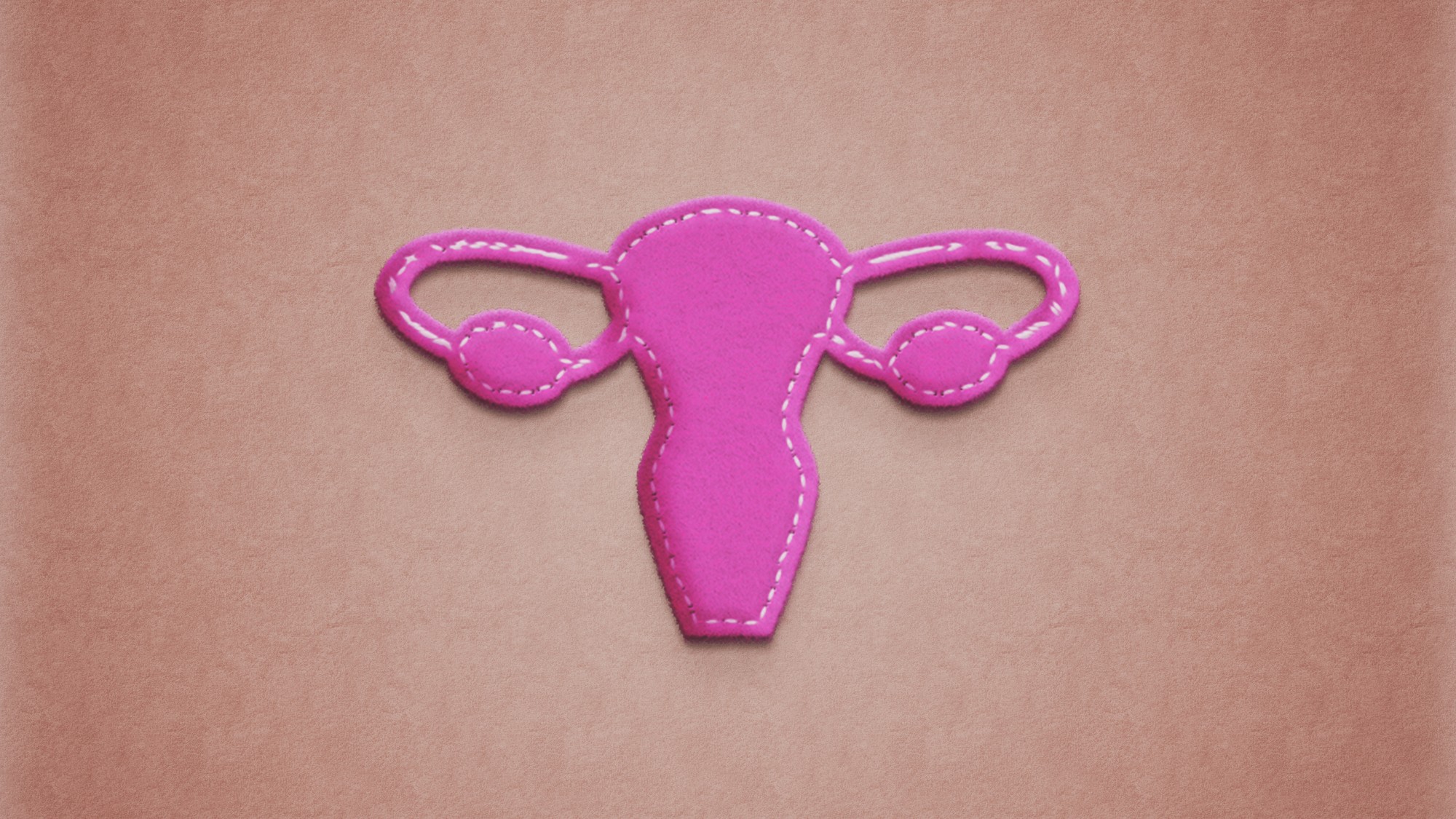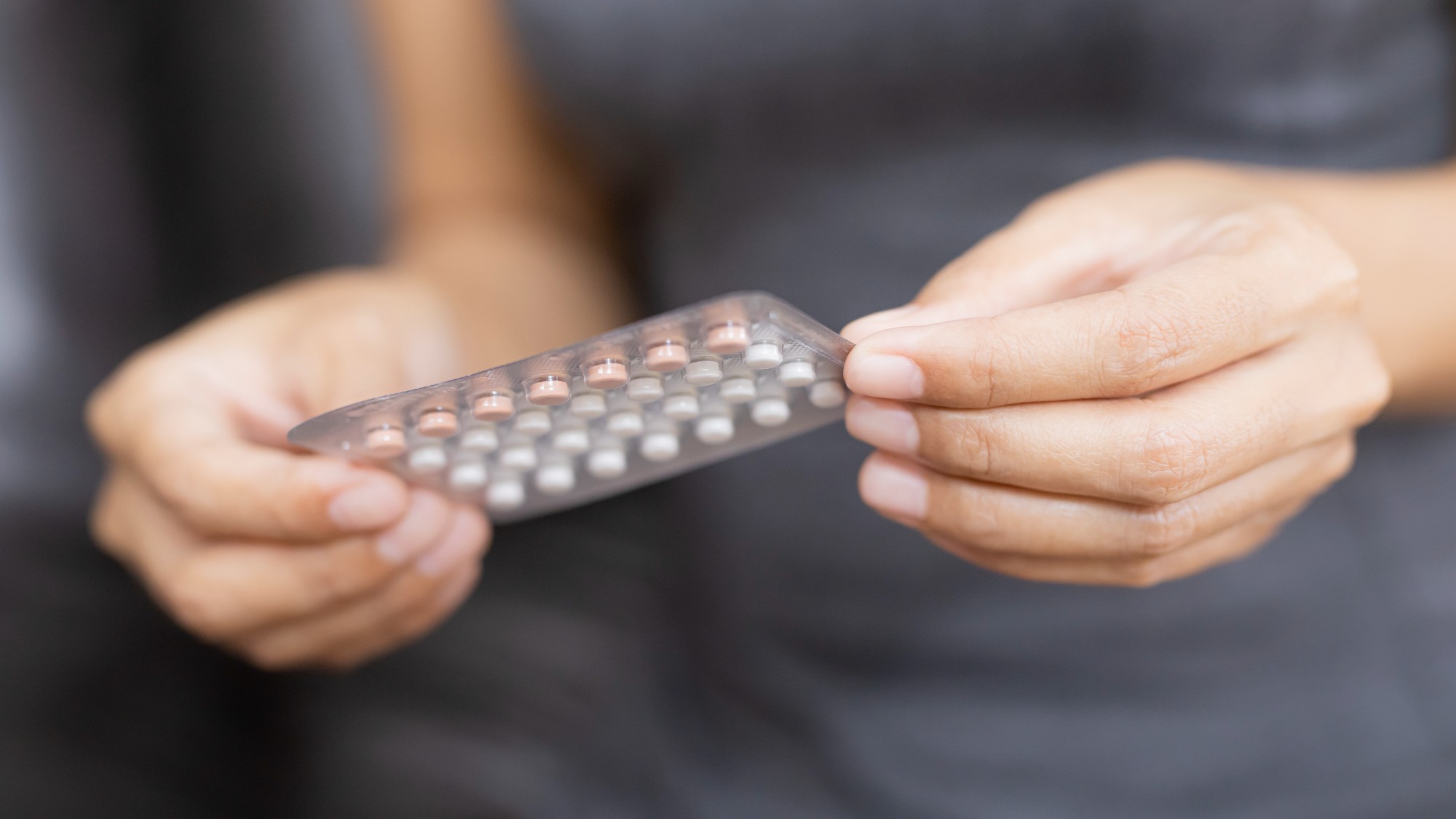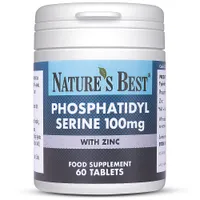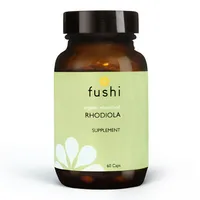
Celebrity news, beauty, fashion advice, and fascinating features, delivered straight to your inbox!
You are now subscribed
Your newsletter sign-up was successful
Your hormones have more of an impact on your life than you think – keep reading for your comprehensive guide.
If you've found yourself Googling 'female hormones', chances are that you're keen to understand your own hormones in more depth but, right now, feel a little clueless. Because let's be honest, the female body can be a bit of a minefield.
From asking Siri 'what is perimenopause?', to Googling 'what is fertility?', the internet can be a really useful sounding board for those niggling, everyday questions. But with such a deluge of information out there, it can also be difficult to distinguish fact from fiction. (Especially if there's no obvious reason as to why your hormones are acting up.)
Which is why we put your questions to the experts.
While some periods of hormonal imbalance are to be expected – particularly during puberty, pregnancy and menopause – others aren't, and can indicate a larger issue. Imbalanced hormones can trigger all sorts of emotional and physical bodily responses, from mood swings, to fatigue, weight gain and more – and we're here to debunk them all.
Feel like your female hormones are going crazy?
Don't worry, you're not alone.
Stats show that nearly every woman will suffer from a hormonal imbalance at some point in their lifetime but sadly, of those, 43% feel hormones have negatively affected their overall well-being.
Celebrity news, beauty, fashion advice, and fascinating features, delivered straight to your inbox!
More worrying still is that many women live with hormonal imbalance without even realising it, despite the associated symptoms listed above.
As nutritional therapist Jacqueline Newson shares on the Amchara website, female hormones, when balanced, are key to a better libido, metabolism, and immune system.
So what is exactly is a hormone?
According to Ashfaq Khan, consultant obstetrician and gynaecologist at Harley Street Gynaecology, hormones are chemical substances in your body that essentially act as messenger molecules. "Hormones are made in the different glands of your body," he explains.
After a hormone has been made in one part of the body - say the brain, or the ovaries - they travel to other areas of the body, where they play a key role in helping cells and organs function. Neat.

What do hormones do?
Fun fact: did you know that each human circulates around 50 different hormones?
According to doctor Khan, they look after growth and development, help your body control its response to stress and sleep, and play a key part in reproductive function, aka your ability to have kids.
"In short, they control and coordinate our body’s day-to-day functionalities," he shares.
If you live with a hormonal imbalance for too long, you can increase your risk of more serious chronic health conditions, such as diabetes, polycystic ovarian syndrome (PCOS) and more.
What are the main symptoms of a hormonal imbalance?
In her book Period Repair Manual, Dr Lara Briden explains how to spot a hormonal imbalance. This usually means you’re making too much or too little oestrogen and progesterone, which can trigger health issues, from acne to PCOS. But what are the signs?
- You’re in bed by 10pm most nights, but not ready to wake up by 7am.
- You get seriously hungry if you don’t eat every two hours.
- You’ve called in sick to work because of period cramps.
- You’ve noticed excess hair on your face, arms and chest, or hair loss. (In which case, our beauty editor's round-up of the best shampoo for hair loss should help.)
- Your concentration span has got worse.
If you recognise these symptoms, first go to your GP. Dr Briden also suggests managing stress to keep the hormone cortisol in check. ‘Get enough rest, relaxation and fun into your schedule. If you're into supplements, taking magnesium and phosphatidylserine and Rhodiola, can help,' she shares.
Together Natural Marine Magnesium 30 Capsules – £5.99 | Holland & Barrett
Phosphatidyl Serine 100mg 60 capsules – £16.95 | Nature's Best
Fushi Rhodiola Organic Supplement 60 caps – £13.00 | Boots
What should I do if I think I have a hormonal imbalance?
The most important part, according to doctor Khan, is to identify which hormone is affected first - your medical professional will know how to do this, and what protocol to follow. "Once it is detected, treatment is not too complicated in most situations," he shares.
"Sometimes, if multiple hormones are imbalanced, a longer and complex management plan may be needed," he adds.
If you're at all worried, do contact your local GP.

5 facts you should know about female hormones
Now you know what a hormone is, which hormones are most important to your bodies day-to-day functioning, and how to treat a hormonal imbalance, it's time to get to know your body's most powerful chemicals a little better.
Keep reading for five ways having balanced hormones affect your day-to-day.
1. They can influence your outfit choices
Why is it, some days you want to wear bright neons and statement jewellery, and others you’re in more of a monochrome mood?
"During pre-ovulation, we feel more body confident, so we dress in tighter, bolder clothes," explains Miranda Gray, author of The Optimized Woman: Using Your Menstrual Cycle to Achieve Success and Fulfillment.
"In the menstrual phase, we usually wear darker, looser clothes." Wardrobe planning just got a whole lot simpler, then.
2. They can make you look good (mostly)
That Zoom celebration/ big work event/virtual date you’ve been counting down to? It’s worth knowing that we’re at our most alluring during ovulation, about two weeks before your period, according to a study in the Oxford Journal of Human Reproduction. Your face and breasts become more symmetrical, there’s a natural rouge to your lips and cheeks and men are attracted to subtle changes in your voice and scent, according to the study.
Two days before your period, on the other hand, might not be your finest hour thanks to increased likelihood of skin breakouts and fatigue. Read our guide to sustainable periods, while you're here.
3. They make you feel horny
Interestingly, women who are not on the Pill have more sexual fantasies than those who do take the Pill, because oral contraceptives suppress the natural hormones that increase libido, according to the Kinsey Institute.
During the first stage of the hormone cycle, fantasies focus on physical sex, but once women ovulate they’re more turned on by emotions. Enter stage right, being turned on by something something your better half says or the way Harry Styles' new lyrics make you feel. Yep.
Unsurprisingly, if female hormones go crazy, alcohol can play role – there’s a reason why you feel horny on a hangover. Sex releases oxytocin, a natural pain and stress reliever. Forget the Nurofen: sex is nature’s best cure.
4. They could be stopping you from sleeping
Just before your period, you may find it harder to sleep and keep waking up during night. This is down to dips in progesterone and oestrogen, according to doctor Lara Briden. Her advice?
- Go tech-free an hour before bed. Blue light stops your body producing enough melatonin to make you sleepy.
- Try magnesium supplements, which relax the muscles and lower your adrenaline.
5. They can help you lose weight
Forget fads. Instead, opt for a sustainable diet that syncs with your cycle. Alisa Vitti, author of Womancode, explains how:
- Be mindful of your intake of white carbs and sugar - when eaten on their own, they make the hormone insulin (which controls glucose levels in the body) soar and crash. By eating your carbs with a serving of healthy fat and protein, too, you'll help your blood sugar to stabilise and stops the production of extra fat cells.
- High-intensity exercise, like spinning, raises body temperature, releasing the hormone irisin, which re-programmes fat cells to burn energy instead of storing fat.
- Rest between exercise days. Tiredness and anxiety cause high levels of cortisol, which makes you crave unhealthy foods and triggers the production of belly fat.
How to track female hormones: 6 hormone apps to have on your radar
What to do when female hormones go crazy? Yeah, there’s an app for that. Now you can avoid unexpected emotional outbursts, chart your fertility, or make the most of a hormonal surge in horniness, by using a free hormone or period tracking app.
Below are six of the best to download now to plan your life around your period.
Clue
Monitor your basal body temperature (BBT), cervical fluid and menstrual cycle to calculate the best days for a breast exam, smear test or when to expect mood swings.
My Moontime
This app allows you to pinpoint the optimum time in your cycle for productivity (and that meeting with your boss), lust (hello, date night!) and calmness.
Kindara
The app that gives you greater control of your fertility by charting basal temperature ‘shift’ to help you better achieve or avoid pregnancy.
Flo
With a clear, fuss-free design and password-protected sign in, Flo is a great go-to app for tracking your monthly cycle. (And it even has a handy pregnancy tracker, if you're trying to conceive.)
Cycles Period & Cycle Tracking
Cycles has a unique feature that allows you to share period information privately with your partner – meaning if you ever need to give them a heads up as to why your mood's a little lacking, this one could be a lifesaver.
Me v PMDD
Did you know that PMDD symptoms affect 1 in 20 women in the UK? Premenstrual dysphoric disorder, as it's also known, is a condition wherein your mental health can be severely affected by your menstrual cycle, and this clever app helps you track your emotions, journal your feelings and find useful resources to deal with your emotions.

Ally is Marie Claire UK's Senior Health and Sustainability Editor, a well-regarded wellness expert, ten-time marathoner, and Boston Qualifying runner.
Utilising her impressive skillset and exceptional quality of writing, she pens investigative, review and first-person pieces that consistently demonstrate flair and originality.
As well as writing, Ally manages a team of freelancers, oversees all commissioning and strategy for her pillars, and spearheads the brand's annual Women in Sport covers, interviewing and shooting the likes of Mary Earps, Millie Bright, and Ilona Maher. Shortlisted for three BSMEs and winning one in 2022, Ally lives and breathes her verticals: her eye for a story and connections within the wellness sphere are unrivalled. Follow Ally on Instagram for more.


